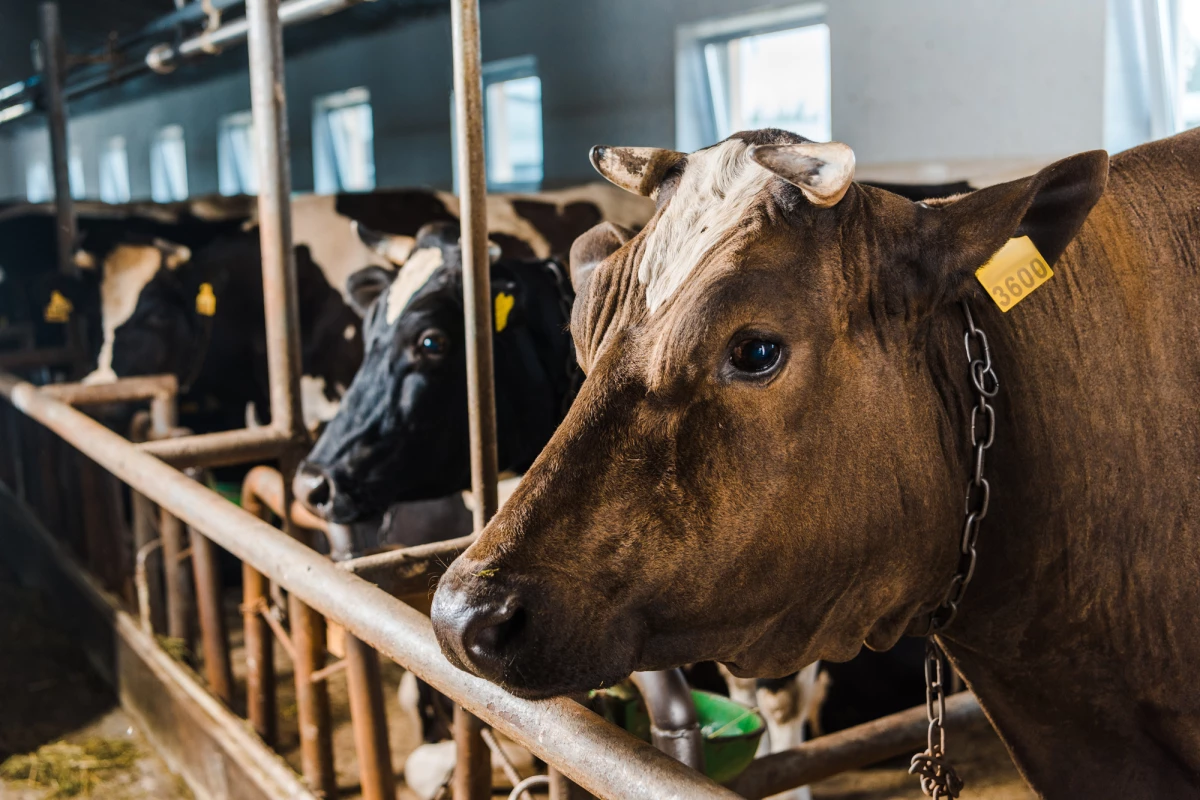Scientists in the Netherlands studying the spread of plastic waste have turned their eye to meat and dairy products, and discovered high rates of contamination in farm animals. The findings shed new light on the way microplastics move through the food chain, and add extra impetus to better understand the ubiquitous material's potential effects on living organisms.
The research was carried out by scientists at Vrije Universiteit Amsterdam who in March made another important discovery in this space. By using a novel form of mass spectrometry, the scientists produced the first evidence of plastic particles beings absorbed into the human bloodstream.
In a new pilot study, the scientists have applied the same methodology to samples relating to farming practices. These include feeding pellets, shredded feed, blood from cows and pigs, cow milk and meat products.
The analysis revealed that 80 percent of these samples contained detectable amounts of at least one type of plastic. One hundred percent of the pellets and shredded feed contained plastic, as did the cow and pig blood samples, while 72 percent of the milk samples contained detectable amounts of plastics, along with 75 percent of the meat samples.
The scientists consider this pilot study to be a “starting point, not a concluding point.” Like many other studies in this area, the findings do raise questions around how widespread the problem of plastic pollution may be, and the potential impacts on human health. Much more work is needed, but studies have demonstrated that plastic particles can have toxic effects on cells and alter their shape. Mouse studies have also suggested plastic particles can infiltrate the blood brain barrier and increase the risk of high cholesterol and blood disease.
“Animals are exposed to plastic particles in their habitat and they are able to absorb at least some of those particles.,” said co-author of the study Heather Leslie. “This study should be an incentive to further explore the full extent of exposure and any associated risks. Producing plastic-free feed for animals can be a way to improve the exposure to plastic particles for livestock.”
A report on the research, which was commissioned by the Plastic Soup Foundation, is available here.
Source: Plastic Soup Foundation




